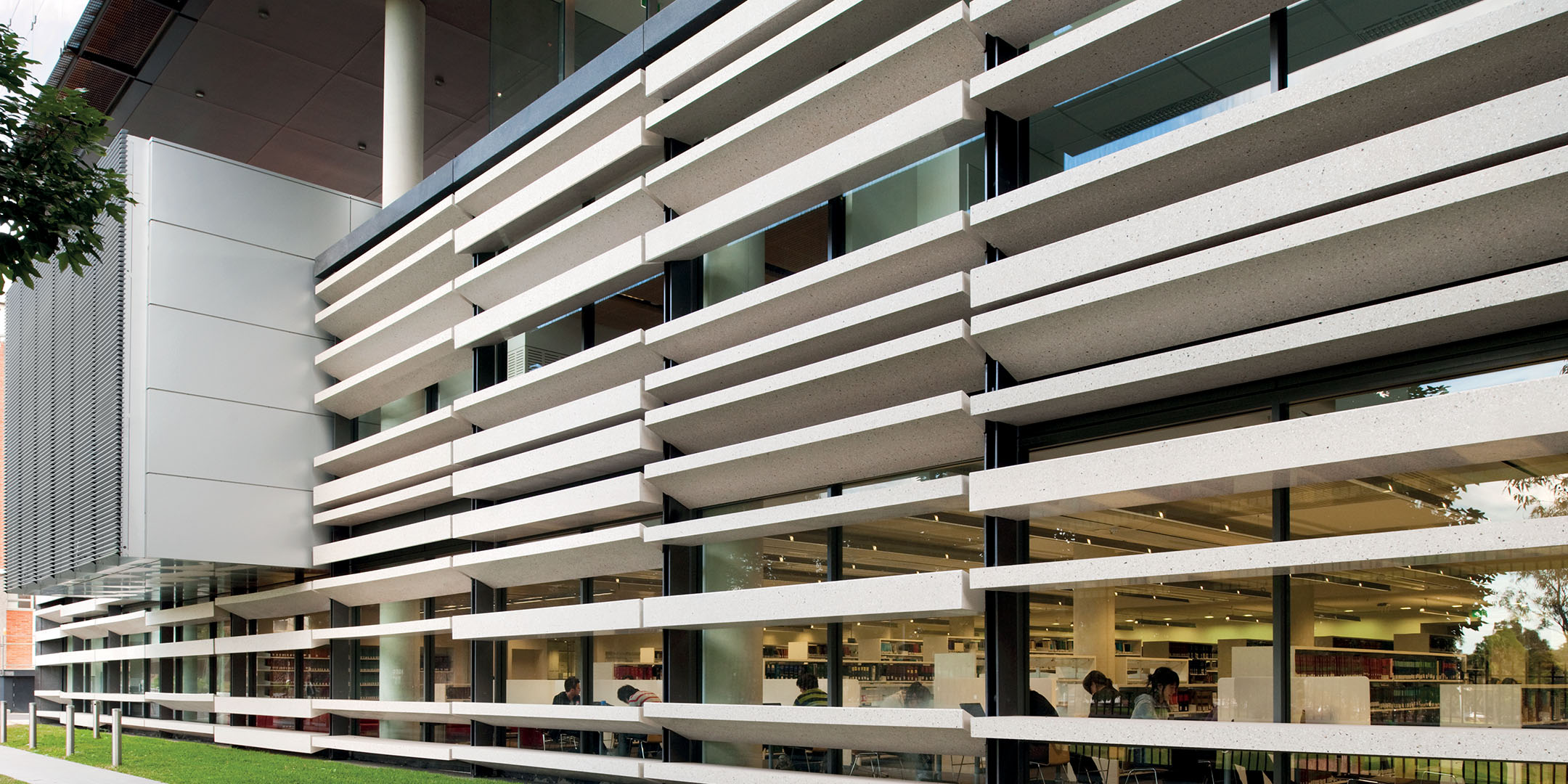
The Supreme Court of New South Wales Annual Corporate and Commercial Law Conference
The Supreme Court of New South Wales Annual Corporate and Commercial Law Conference
In the wake of Commissioner Hayne’s Report and the continuing consequences of the Global Financial Crisis a decade earlier, what is the future of the Australian business corporation? This year’s Supreme Court Corporate and Commercial Law Conference will seek to provide a coherent answer to this question, which could have profound consequences for business, regulators and the legal profession.
Historically the business corporation has provided a simple and efficient structure for capital formation and consequently business growth, wealth and jobs in western economies. However, the separation of the ownership of corporations from their management has created risks of self-dealing and disregard of community interests and expectations. Community disillusionment with business has grown rapidly in recent decades – most recently in Australia because of the alarming evidence given to the Hayne Royal Commission.
Economists and lawyers have prescribed many explanations and remedies to overcome corporate scandals and misconduct. For example, attempts have been made to expand directors’ duties by making the board accountable to “stakeholders” other than the body of shareholders. The idea that large corporations depend on a social licence to operate has been propagated. Lawyers and compliance staff have been busy saddling listed corporations with policies, protocols and guidelines to promote ethical conduct. Commissioner Hayne thought corporate misconduct might be addressed by corporations and their officers adhering to six short ethical principles.
A fundamental problem with all of these ideas is that they are piecemeal addenda to the corporate architecture, rather than comprehensive and focussed responses to the problems that are undermining public confidence in business. We need to go back to basics, by re-imagining the nature and structure of the business corporation. We should start by reflecting on the reason why a corporation is created and exists – namely, to pursue its corporate purpose.
This perception is at the heart of British Academy’s current project on The Future of the Corporation. The idea that a corporation is an entity existing to pursue a purpose, so that the profit motive is subsidiary to that purpose, should permeate and give direction to corporate culture and corporate governance and even to the idea of ownership.
Successful implementation of such ideas will require re-thinking of corporate law. It will only be by fundamental legal change that the new purpose-driven corporate concept can be embedded in the thinking of company directors, lawyers and regulators.
We are delighted that the leader of the British Academy project, Professor Colin Mayer of Oxford’s Said Business School, will present the keynote address to our Conference. Then, for the first time anywhere in the world, these ideas will be put under the microscope by scrutiny from the viewpoints of a leading lawyer (The Honourable Justice James Edelman, High Court of Australia), a leading company director (Catherine Livingstone AO, Chairman, CBA) and a Deputy Chair of the corporate regulator, ASIC (Daniel Crennan, QC).
Join us for this very important, thought-provoking and informative conference, to be held in the Banco Court of the Supreme Court of New South Wales on Tuesday 29 October 2019 from 1pm to 6pm.
Speakers
- The Honourable TF Bathurst AC, Chief Justice of New South Wales
- The Honourable Justice James Edelman, High Court of Australia
- Professor Colin Mayer CBE FBA, Peter Moores Professor of Management Studies, Said Business School, University of Oxford
- Catherine Livingstone AO, Chairman, Commonwealth Bank of Australia
- Daniel Crennan QC, Deputy Chairman, ASIC
- Dr R P Austin, Barrister, Level 22 Chambers
MORE INFORMATION INCLUDING THE PROGRAM
Registration (inc. GST) = $265
This conference is sponsored by The University of Sydney Law School, Supreme Court of New South Wales, and The Law Society of New South Wales.
Location: Supreme Court of New South Wales, Banco Court, 184 Phillip Street, Sydney
[wpgmza id=”4″]

